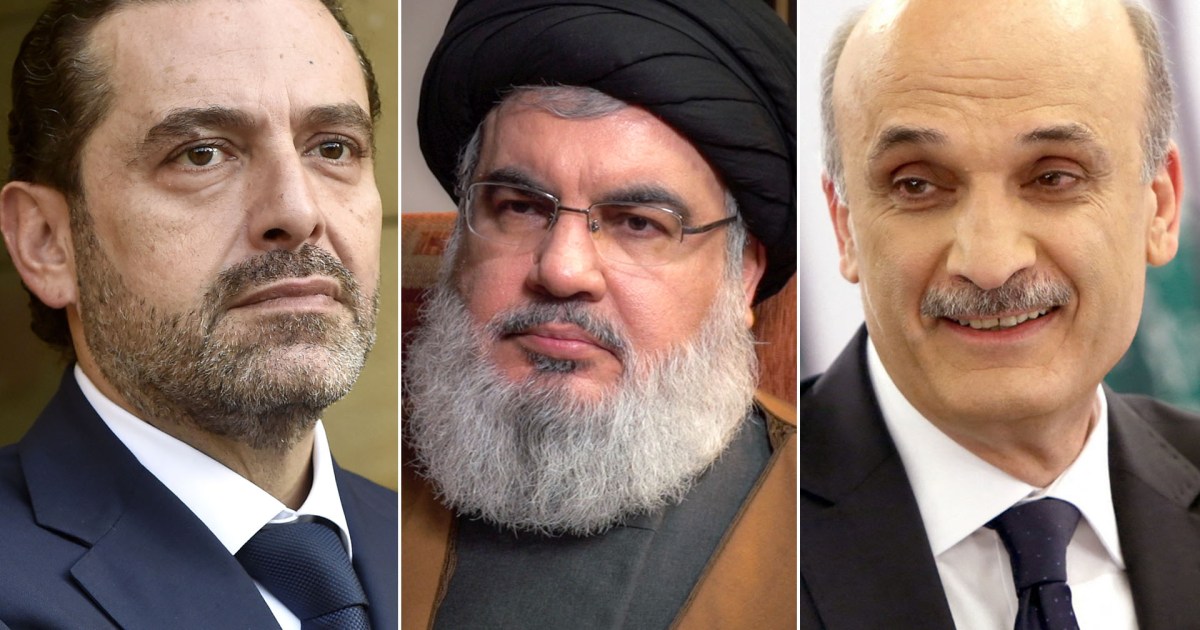Former Lebanese Prime Minister Saad Hariri considered Iran's dispatch of ships to his country a dangerous declaration that plunges the country into internal and external conflicts.
Hariri asked, "How does Iran allow itself to violate international laws and send ships without government approval?"
He warned that Iranian ships coming to Lebanon would carry with them risks and penalties, similar to the sanctions that Venezuela is subject to.
Hariri stressed that there should not be a cover for projects to plunge Lebanon into futile wars hostile to the Arabs and the world, as he described it.
The former Lebanese prime minister said that Hezbollah would not obtain a transit permit from the majority of Lebanese to hand the country over to Iranian influence.
On the other hand, Samir Geagea - a Lebanese Christian politician and one of Hezbollah's staunch opponents - said that Hezbollah, which wrested the government's powers in security and army affairs, is now trying to control the economic decision-making process against the will of the Lebanese people.
Nasrallah's statements
And the Secretary-General of the Lebanese Hezbollah, Hassan Nasrallah, said today, Thursday, that the first Iranian ship loaded with fuel will leave for Lebanon within hours, and other ships will follow.
In a speech on the occasion of Ashura, Nasrallah warned the American and Israeli sides against attacking the ship, pointing out that it was considered Lebanese territory from the moment it sailed from Iran.
He added that the fuel crisis in Lebanon is artificial and fabricated, and the state could have dealt with it since the first day, as he put it.
He pointed out that there are those who attribute the failure of the formation of the Lebanese government to Hezbollah and Iran, denying that this is not true.
Nasrallah considered that there is an economic war to impose options on the Lebanese that are not commensurate with their national interests, describing the US Embassy in Beirut as a headquarters for collusion against Lebanon.
It is noteworthy that the arrival of Iranian fuel will represent a new stage in the financial crisis that the Lebanese state and the ruling factions in it failed to address, which led to the exacerbation of poverty and destitution in light of the outbreak of violence.
This crisis is considered the worst collapse since the civil war that took place between 1975 and 1990, and the collapse reached a critical point, as hospitals, bakeries and other basic services were forced to reduce or close their doors due to power outages and the loss of gasoline, which is almost impossible to find.

